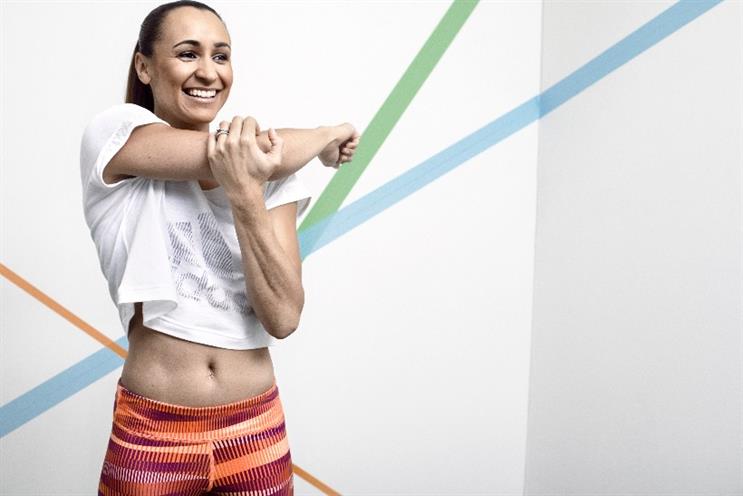Nike's lifetime contract with LeBron James threw the value of sports sponsorship into sharp relief last week. The contract is estimated to be worth more than $500m.
Eye-watering as it sounds, that is still a cheap deal for Nike considering the fact that LeBron James sells more shoes than any other player.
The NBA star has the Midas touch when it comes to brand endorsement, with Nike selling $340m of James’ trainers last year.
Though perhaps not quite on the same scale as LeBron James, the BBC’s Sports Personality of the Year contest this Sunday offers plenty of opportunities for marketers by putting the top twelve sports people in the country in the spotlight.
They present an engaging and potentially lucrative way for brands to connect with consumers – even if boxer Tyson Fury has managed to alienate the public and any potential sponsors with
This year’s shortlist, which includes Andy Murray, Jessica Ennis-Hill and Lewis Hamilton, has attracted the typical big-hitter sport sponsors such as Adidas and Nike. But there are a few unusual partnerships to inspire marketers from non-sports categories, as well as gaps for brands to fill.

Mo Farah has a tie-up with Quorn, a brand looking to extend its reach and reposition itself as a high protein product for the fitness- and health-conscious, rather than just an alternative to meat for vegetarians.
Similarly, athlete Greg Rutherford has teamed up with Sun-Pat to promote healthy snacking. With his understanding of the benefits of being active and eating well, as well as his family values, it is hoped he will inspire families to buy Sun-Pat as a healthy choice.
Athletes who perform as part of a team understandably find it more difficult to secure lucrative individual deals if they are not a household name.
Some of the shortlisted contenders don’t have any major individual endorsement deals yet, such as gymnast Max Whitlock who is backed by Nissan only as part of its deal with British Gymnastics. Getting propelled to stardom by the Spoty title could change all that.
Risk of controversy
Personality plays a big role in the calibre of endorsements athletes can secure, but clearly a brand can be tainted by an individual’s antics or any media storm that engulfs them during their careers.
Mo Farah, whose charisma has played almost as big a role in his rise to fame as his performance at the London 2012 Olympics, has hung on to his endorsements despite the drug allegation claims that have swirled around his training camp.
Meanwhile, Greg Rutherford’s public falling out with British Athletics coincided with his Nike sponsorship deal being significantly slashed in 2013.
Team sponsorships obviously reduce this danger, but then the team’s overall performance is a risk, as evidenced by O2 having to cut its #WearTheRose campaign short after England’s disastrous early knockout during the Rugby World Cup.
The decision on whether to back a sportsperson or a team is a recurring dilemma for brands, but in Sports Personality of the Year, teams generally take a backseat.
Despite the risks, sports sponsorship can pay dividends.
Andy Murray and Jessica Ennis-Hill might be the favourites, but it’s still anyone’s guess as to who will win.
One thing that is guaranteed is that the second the contest is over, the race between brands to secure or boost their alignments with the winner will begin in earnest.


